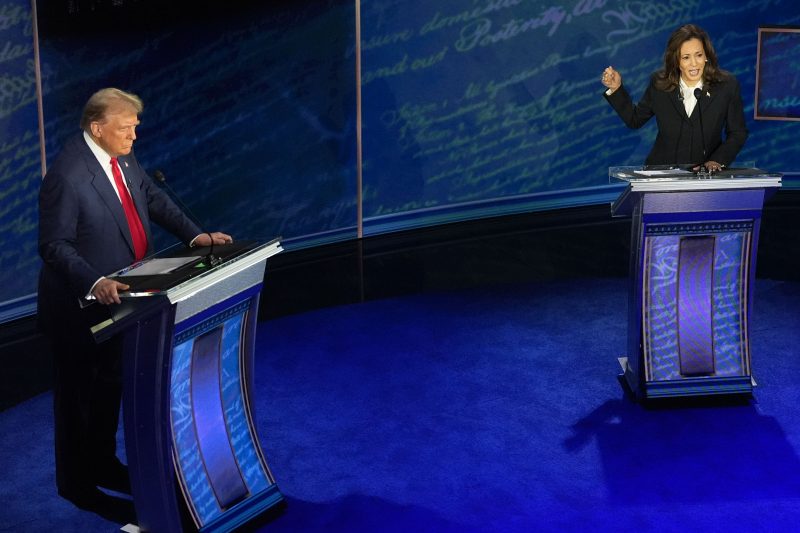In a recent surge of controversial tweets, former President Donald Trump continued his public criticism of Vice President Kamala Harris, repeatedly calling her stupid. This pattern of attacks is not only unproductive but also perpetuates a harmful narrative of disrespect and hostility in political discourse.
Trump’s insults towards Harris are not only unprofessional but also divisive. By resorting to name-calling and personal attacks, the former President misses an opportunity for constructive dialogue and collaboration in politics. Such behavior sets a negative example for Americans, especially the youth who look up to political figures for guidance and leadership.
The use of derogatory language to undermine a political opponent diminishes the essence of healthy debate and rational discourse within our democracy. It diverts attention from substantive issues and shifts the focus to personal animosities. Political discussions should be centered around policies, ideas, and solutions instead of ad hominem attacks.
Moreover, Trump’s repetitive use of the word stupid to describe Vice President Harris raises concerns about gender bias and the treatment of women in positions of power. It reflects a systemic issue of sexism and misogyny that women in leadership roles often face. Such language contributes to a hostile work environment and perpetuates gender stereotypes that undermine the credibility and capabilities of women in politics.
As public figures, politicians like Donald Trump carry a responsibility to uphold principles of respect, integrity, and decency in their words and actions. Criticizing policies or decisions is a legitimate aspect of democratic discourse, but resorting to personal insults and derogatory remarks only erodes public trust and weakens the fabric of our democratic system.
In conclusion, the repeated use of derogatory language by former President Donald Trump towards Vice President Kamala Harris is detrimental to political discourse and undermines the values of a healthy democracy. It is essential for politicians to engage in constructive dialogue, focus on substantive issues, and show respect for their colleagues, regardless of political differences. By prioritizing respectful communication and mutual understanding, we can foster a more inclusive and productive political environment for the benefit of all Americans.


























